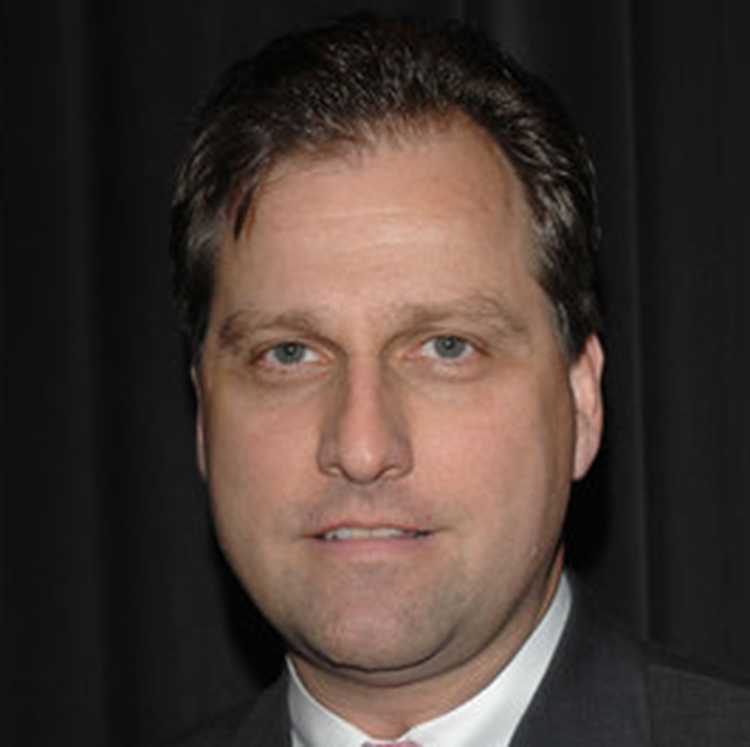One Simple Thing the Cable TV Industry Can Do to Save Itself
The pay TV industry must evolve from its anti-consumer business model or it will most assuredly go the way of the dodo bird
The smarter way to stay on top of broadcasting and cable industry. Sign up below
You are now subscribed
Your newsletter sign-up was successful
As the world adapts to the historic changes caused by the coronavirus, many industries are also having to make significant changes, or risk becoming obsolete.
This upheaval – and possible demise – is especially clear in the pay TV industry.

According to the Wall Street Journal, “The largest cable and satellite TV companies lost more than two million customers in the first three months of the year, the industry’s sharpest quarterly decline on record, as restaurants, bars and hotels hit by the coronavirus pandemic joined consumers canceling or pausing service.”
There is a simple solution for the pay TV industry to retain – and indeed restore – its rapidly shrinking market: Give consumers à la carte cable choice, the ability to choose and pay for only the cable networks they want.
While the world of commerce has embraced greater flexibility to tailor its products based on the unique needs of its customers, the cable industry stubbornly clings to its one-size-fits-all TV bundle. Add to that a perennial cost increase that outpaces inflation several times over. Either the pay TV industry must evolve from this anti-consumer business model or it will most assuredly go the way of the dodo bird.
The industry’s demise is not being exaggerated. The pandemic is causing these changes to accelerate rapidly – especially with the explosive growth in streaming media platforms, and especially when live sporting events are being sidelined. Consumers are increasingly adapting to streaming video, and the demand for content when they want it. What they’ll be willing to pay for it will become paramount for the entire entertainment industry.
I have long suggested that the pay TV industry must adapt to consumers’ increasing preference for more choice coupled with less cost. But over the years, the pay TV industry has made only patronizing attempts to satiate consumers’ thirst for greater choice. They have brazenly offered “skinny bundles” of network programming, knowing that consumers would eschew a cheaper product that didn’t include the networks that they most wanted to watch. And a dozen years ago they sidestepped regulatory pressure by offering a “family bundle” of networks, which, absurdly, were devoid of news, sports or movie networks.
The smarter way to stay on top of broadcasting and cable industry. Sign up below
None of the industry’s “solutions” has allowed consumers to decide for themselves what networks are included in their bundle. To the contrary, the pay TV industry so despises the idea of á la carte cable choice that Comcast and other cable broadcasters recently filed suit against Maine, so that they wouldn’t have to comply with a new law in that state requiring consumers to have an á la carte cable option.
Earlier this year, Verizon announced that it would drop the requirement for consumers to purchase full cable bundles in order to access TV and internet service, but even this doesn’t give consumers real choice in terms of programming. While the company may be offering smaller bundles of network programming, Verizon is just the latest distributor to be fooling itself about what consumer choice really means.
The irony of all this is that network programmers are increasingly offering their own content on an á la carte basis via mobile apps and other direct-to-customer subscription services. Yet they do so while prohibiting the cable, satellite and telco distributors from having the ability to sell networks on an á la carte basis.
The pay TV industry is facing a grim future. Now is the time for industry leaders to implement substantial changes to their business model. As long as customers are forced to pay for bundles of unwanted networks in order to get the programming they want to watch, the cable industry will ensure its own flightless future – just like the dodo.
A former NBC and MGM executive, Tim Winter is the president of the Parents Television Council, a nonpartisan education organization advocating responsible entertainment.
A former NBC and MGM executive, Tim Winter is the president of the Parents Television and Media Council (PTC), a nonpartisan education organization advocating responsible entertainment.

